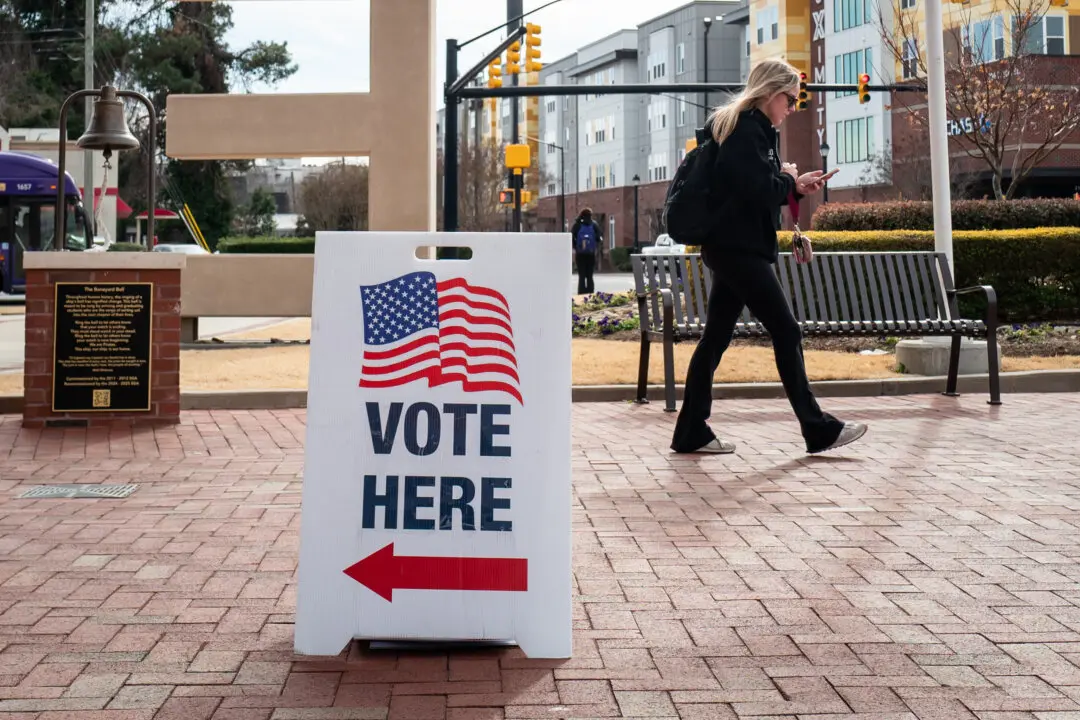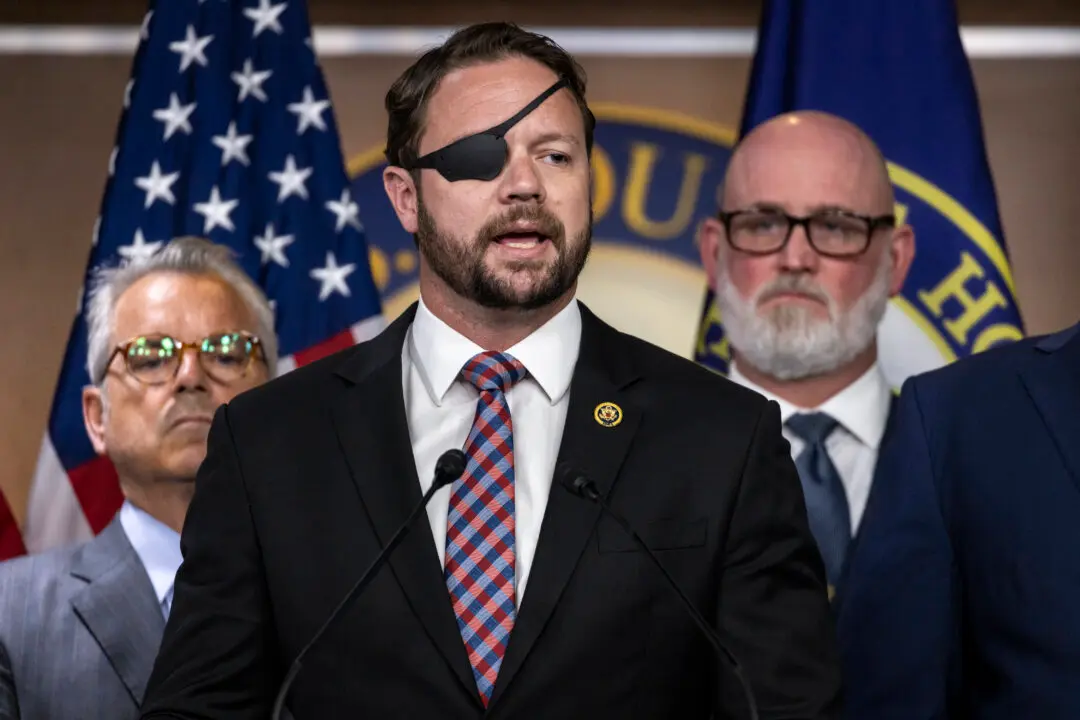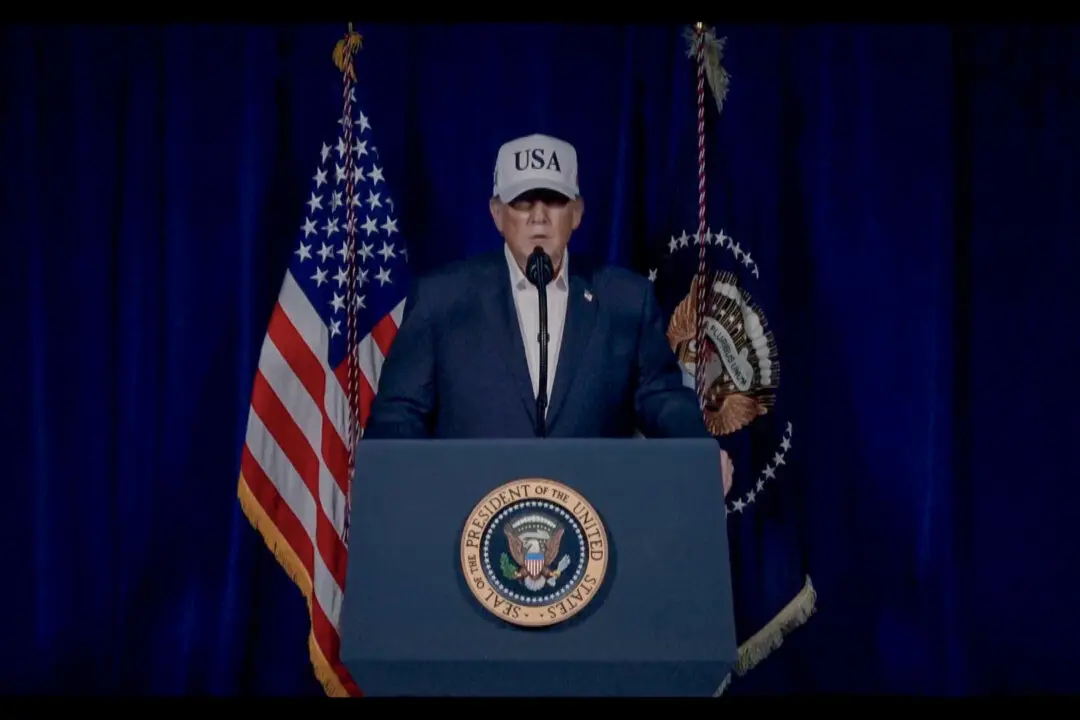A bipartisan group of representatives, although mostly Democrats, unveiled legislation on May 19 that would grant Puerto Rico a path to statehood.
The group, led by House Majority Leader Steny Hoyer (D-N.Y.) and joined by Reps. Darren Soto (D-Fla.), Nydia Velazquez (D-N.Y.), Alexandria Ocasio-Cortez (D-N.Y.), and Puerto Rico’s Resident Commissioner Jenniffer González-Colón, a Republican, hopes to end what they have described as Puerto Rico’s “colonial status.”




